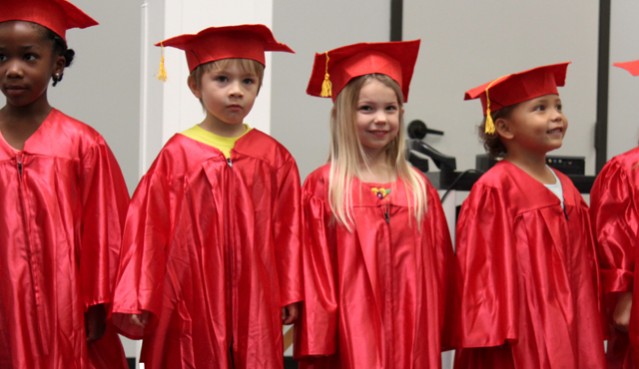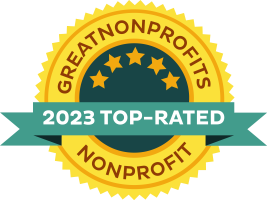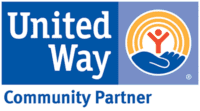
January might be over, but conversations about early education are reaching their peak.
Now more than ever, early childhood program administrators, community leaders and politicians are reevaluating our education system when it matters most – the early years.
Last year laid the stepping stones for discussion starters, 2016 will be the beginning of a lasting effort to reassess, strengthen and improve the early education playing field. Now that both our national and local community has moved from asking questions to seeking answers, there are a few key trends to keep an eye on in 2016.
1. Expanding the focus.
In recent years there has been a heavy focus on ‘zero to three.’ In 2016 that focus will expand to include ages zero to three and a half. The change may seem small but is proving to be a key factor in adulthood success. If a child’s needs are met by the time they are three and a half, they are more likely to become stable, strong adults. Needs has a very broad definition, but for children, it’s really a simple problem/solution model. If a child who is upset and crying is attended to by a responsive adult, the need the child had is met. While the need evolves into bigger situations as the child ages, making a child understand the sense of love and protection during critical early years will help them well into adulthood. Locally, child care facilities like Camp Fire, Lena Pope, South Hills and Excel programs are adopting curriculum like Conscious Discipline that focuses on social/emotional learning. With data behind them, child care educators are helping both parent and child see the correlation between meeting needs and brain development, and its lasting impact on adults.
2. Importance of play.
Thanks to a local initiative led by Texas Christian University, the importance of recess and outdoor, unstructured play has garnered national attention. Children who are introduced to safe unstructured free-time outside are more apt to:
- Focus in the classroom.
- Ask questions and find the answers themselves.
- Develop self-regulation skills.
It’s important to point out that unstructured time does not mean chaos. Unstructured time nurtures the opportunity for children to create their own structure by exploring.
3. Outdoor therapy.
The outdoor classroom is something that will take shape this year. By exposing children to both an indoor and outdoor environment, they get a quicker grasp of methods and lessons. This is seen in a two-step process of learning the basics in the classroom and then venturing outside to explore the concept further. It’s one thing to teach how plants grow, and it’s another to actually grow a plant. Being outdoors gives children a hands-on opportunity to discover. When kids are outside, they move more naturally and form relationships easier – both of which are key to early childhood development.
4. A united effort.
The long standing phrase ‘it takes a village to raise a child’ is proving to be true in 2016. Instead of working separately towards the same goal, Fort Worth is seeing a purposeful effort to align research, funding and action plans – all for the better of early education. In North Texas we are seeing a united effort from nonprofits, education groups, healthcare, funders and businesses working towards a common goal of strengthening early education. The focus has shifted from worrying about bettering an individual organization, to working collectively on bettering the education community. Every major industry has something to offer, and each organizations strengths are really being put to use. 2016 will show the fruition of collaborative efforts – something that hasn’t been fully implemented in previous years.
5. Funding and politics.
It’s an election year and with that comes a heightened focus on educational spending and outcomes. Nationally, legislation recently passed includes funding early education for the first time. Funds are being designated to recognize the value of early education and its impact on school-age education. Locally, child care was removed from the education grouping and placed under human services. By doing this, early education became the key influencer in its new category, allowing for a higher allocation of funds. This funding shift demonstrates the first time early education is being recognized and valued as an important step in the education ladder.
At Camp Fire, we are fortunate to help drive this change.
While these are key areas we predict will be a focus in 2016, it’s important to remember that education is an ever-changing field. As children develop and change, so should their learning environments. It’s important to keep the child’s needs in mind.






